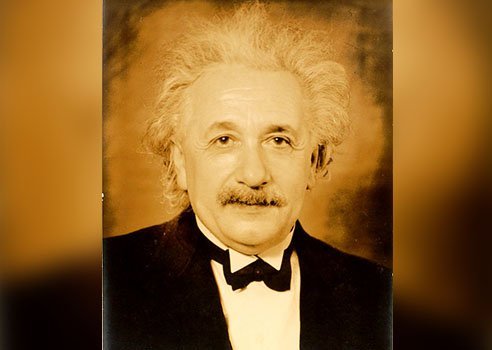Reading time: About 3 minutes
Today’s post is a letter I’ve written to one of my coaching students (I’ve changed her name to preserve anonymity.) I think you might find these thoughts helpful, as well.
Dear Sarah,
I’m writing to follow up on our last coaching call. I think you’re making some good progress in identifying what’s slowing your writing. That said, I was gobsmacked by your comment that you see writing as “linear and logical” and editing as “creative.” As I told you, I see the exact opposite. (It was clear you were equally gobsmacked by my view!)
While I disagree with you – I think you hold this belief mainly because you enjoy editing more – I’m going to ask you to think about it in a different way. Instead of seeing the choice as logical versus creative tasks, I’d like you to think about it as judging versus perceiving tasks.
I chose these words from the Myers-Briggs Type Indicator system. Based on the work of Carl Jung, Myers-Briggs proposes that all human beings can be measured along four categories and, as a result, there are a total of 16 different personality types. If you want to do a free MBTI test, you can go here. (For anyone who’s interested, I am INTJ.)
If you are editing – for example, you might be deciding the best word for a particular sentence or choosing which tense you are going to use – you need to judge. You must decide which word or tense you are going to use. There’s no avoiding the judgment! When you write, however, you perceive. You use your senses or your intuition to decide what words to put on the page.
And this takes me back to my basic belief: That it’s better for writers to write (perceive) as quickly as possible and then edit (judge) as slowly as they can bear.
I don’t mean to suggest that writing/perceiving part is easy – particularly if you’re doing it quickly. To the contrary, every fibre in your body will likely resist. You’ll tell yourself that you need to do some more research. (Aside: as I was writing this letter to you, I decided I needed to do some more research on Myers-Briggs. Did I stop writing to do that? No way! I wrote myself a promissory note and I did the extra research after I’d finished my rough draft.)
You’ll be desperate to check spelling and job titles and a thousand and one other picayune details that you can just as easily check later. You may think of new questions to ask your interview subjects. Or you may feel you need to tweak the lede (beginning) of your story so that if flows more smoothly into the rest of the text.
And here I am telling you to resist all those impulses and, simply, write. Why?
- Because you can’t edit (judge) a rough draft until you have a rough draft.
- Because your deep subconscious (the perceiving part of your brain) will make better, more creative writing choices than your judging brain.
- Because the best writing is always the result of the best most detailed editing – and if you write quickly, you’ll get to spend more time editing. (And, in your case, you enjoy that, right?)
Let me emphasize: I’m not saying it’s easy to write fast. Think about learning to ride a bike, or treading water without holding onto the wall of the pool, or speaking to a large audience, or making an omelette. Were any of these things fun or easy when you were learning to do them? Unless you’re very unusual, they weren’t. They were hard work.
Whenever you learn to do something new you’re going to feel some discomfort. You might even feel so much discomfort that you actually dislike the task. The trick is to force yourself to do it. Struggle through the learning phase and know that when you reach the other side you will be a different person. You’ll also be proud of yourself for what you have done.
It’s hard work to learn more, especially when you’re already a very experienced writer. You may worry that others think less of you for admitting you don’t know everything. Take comfort in the words of Albert Einstein: “It is not that I’m so smart. But I stay with the questions much longer.”
Just stay with the writing questions longer.
How do you “stay with the questions” long enough to improve your writing? We can all learn from each other so please share your thoughts with my readers and me by commenting below. (If you don’t see the comments box, click here and then scroll to the end.)


